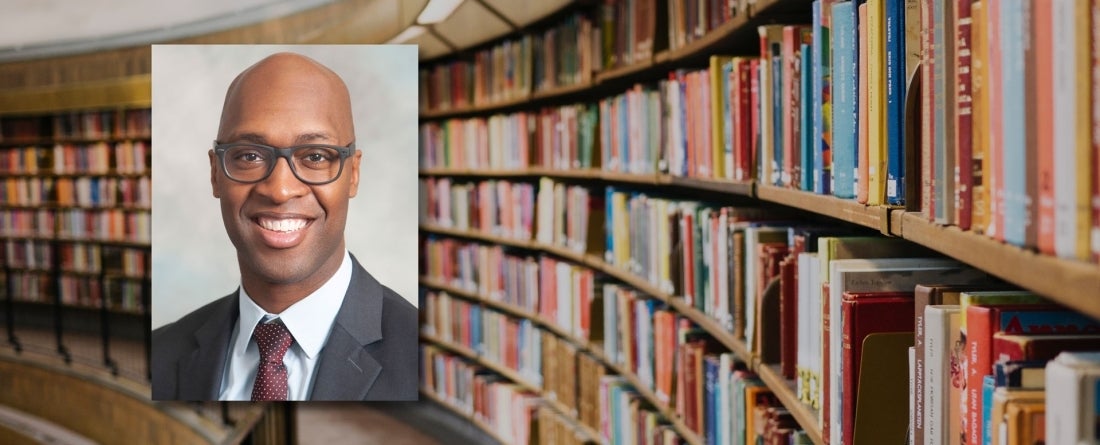
Martin Sanders attributes much of the success he’s had in life to his mentors listening to him, guiding him and bolstering his passions. When he was young, Sanders says he didn’t always know where to start.
“I didn’t know how to apply to college. I thought people came to your house like on TV and asked you to come to their school,” says Sanders.
Now, after years of volunteering with children who shared his background and teaching in the Bronx, Sanders aims to use his policy education to be an encouraging figure to others.
Sanders grew up going to an inner city school with a predominantly Black population. When he moved to the suburbs with his mother, the makeup of his new high school changed drastically.
“There were 500 kids in my high school and only 60 Black kids,” says Sanders. “The white kids didn’t really talk to a lot of us, so it was a little solitary, and I wasn’t really that engaged in school until I connected with Mr. Borum. He was the one who actually helped me learn how to apply to college.”
Trenton Borum was a guidance counselor and the one Black faculty member at Sanders’ high school. Sanders says, during his junior year, Borum imparted upon him a consequential life lesson: figure out how to leverage your education to what you want to do next.
This was a lesson that Sanders would later apply throughout college and later, when he found himself in Albany, NY volunteering for several organizations that worked with inner city youth. Sanders’ saw the parallels to his own upbringing, and realized that if he went into education he could help the next generation like Borum helped him.
As a teacher, Sanders created and implemented a social justice curriculum for his students. He helped students to engage with their government representatives, neighborhood, and school. Moreover, he encouraged the students to facilitate change in their communities. Sanders took his seventh and eighth graders on college tours every year, explained the application process, and provided resources on how to apply to college. Soon, he realized he wanted to do more.
It was the combination of the academic experts and the proximity to D.C. that attracted Sanders to the School of Public Policy, he says, and the network of mission-driven people like him reinforced his choice to join the master’s program.
“That’s probably the most valuable thing SPP offers. There’s a network here of like-minded people, who are open to new ideas and refining old ones.”
In the future, Sanders wants to continue to work with young people in much the same way his mentors guided him. For him, that’s taking his knowledge in education policy and applying it to volunteer work, helping with after-school programs, and supporting the funding of inclusive policies. Sanders encourages current SPP students with a familiar lesson once taught to him.
“Fully immerse yourself in all SPP has to offer,” he says. “Don’t think of it as getting a degree and getting out. This place builds future policy leaders, so cultivate relationships because there’s a good chance at some point in your career, you’ll lean on this network for subject matter expertise, a job, or reference.”
